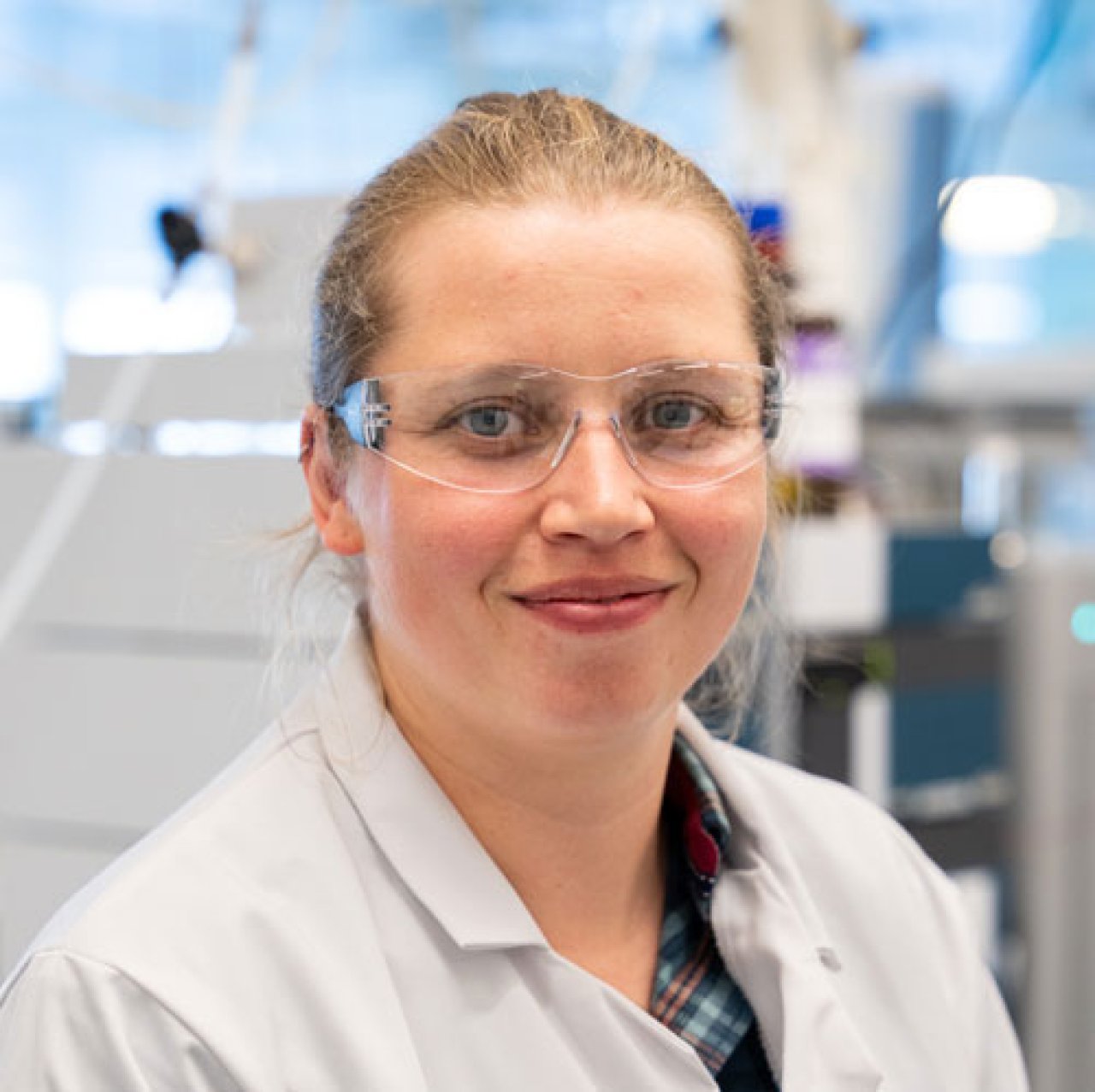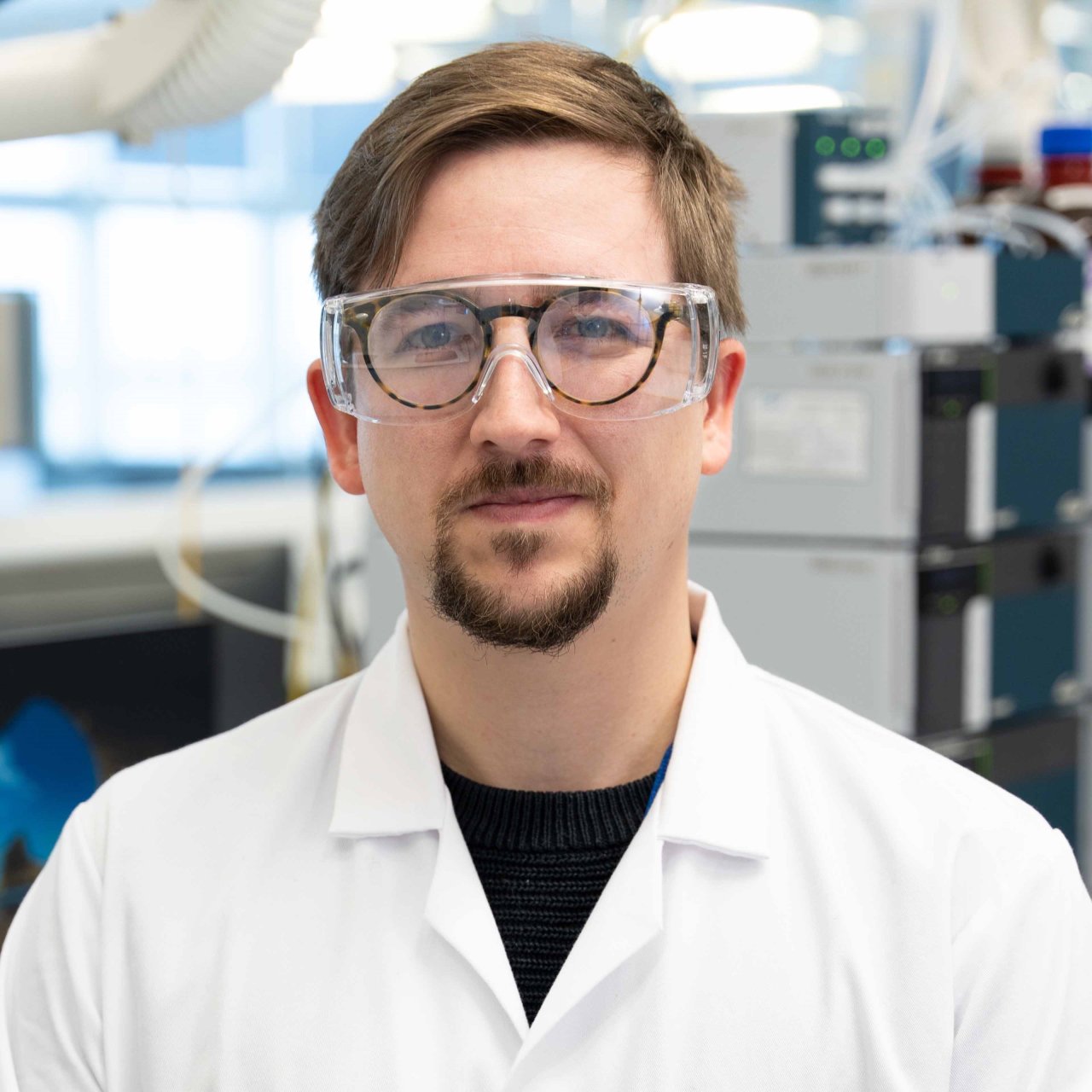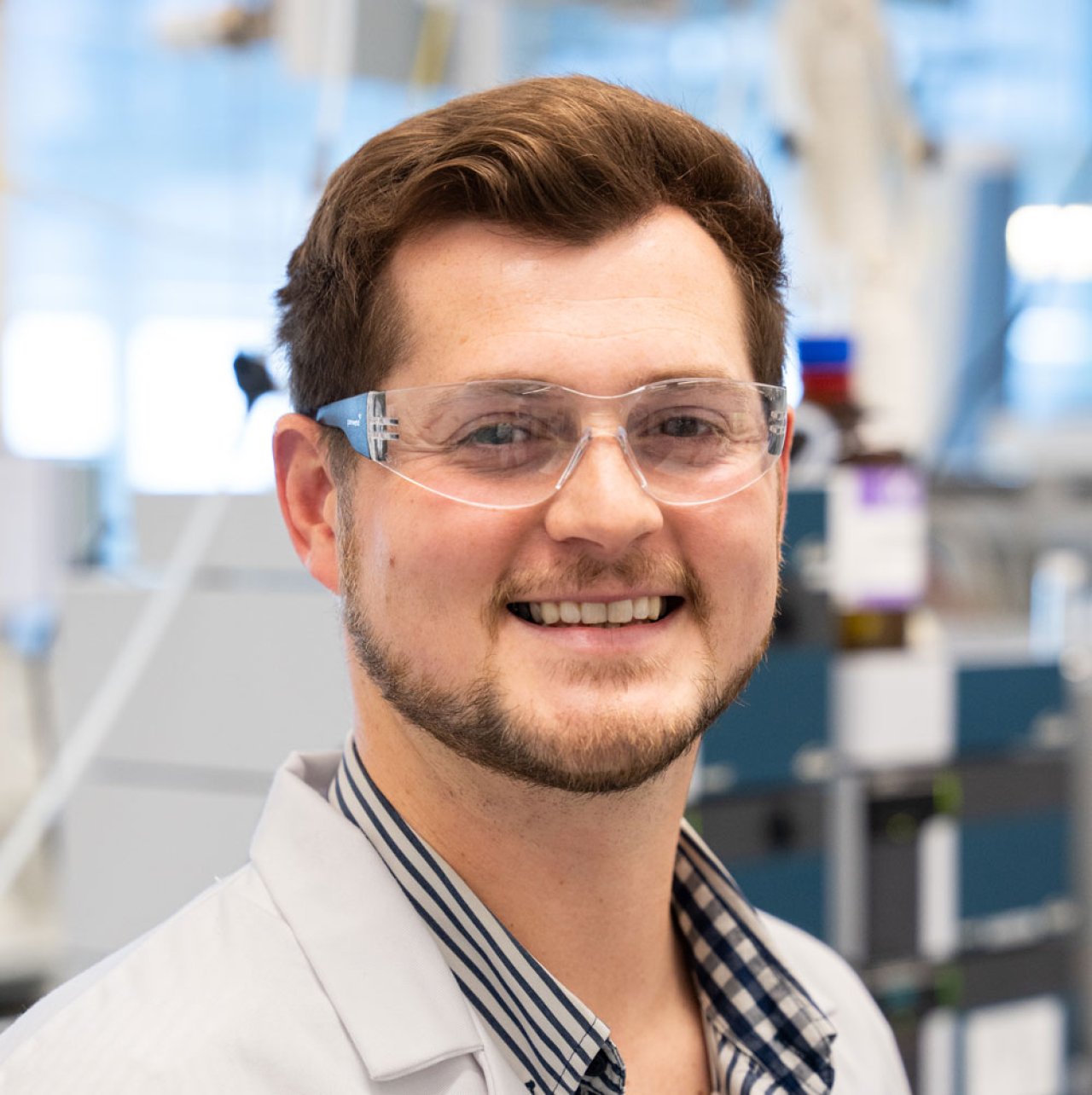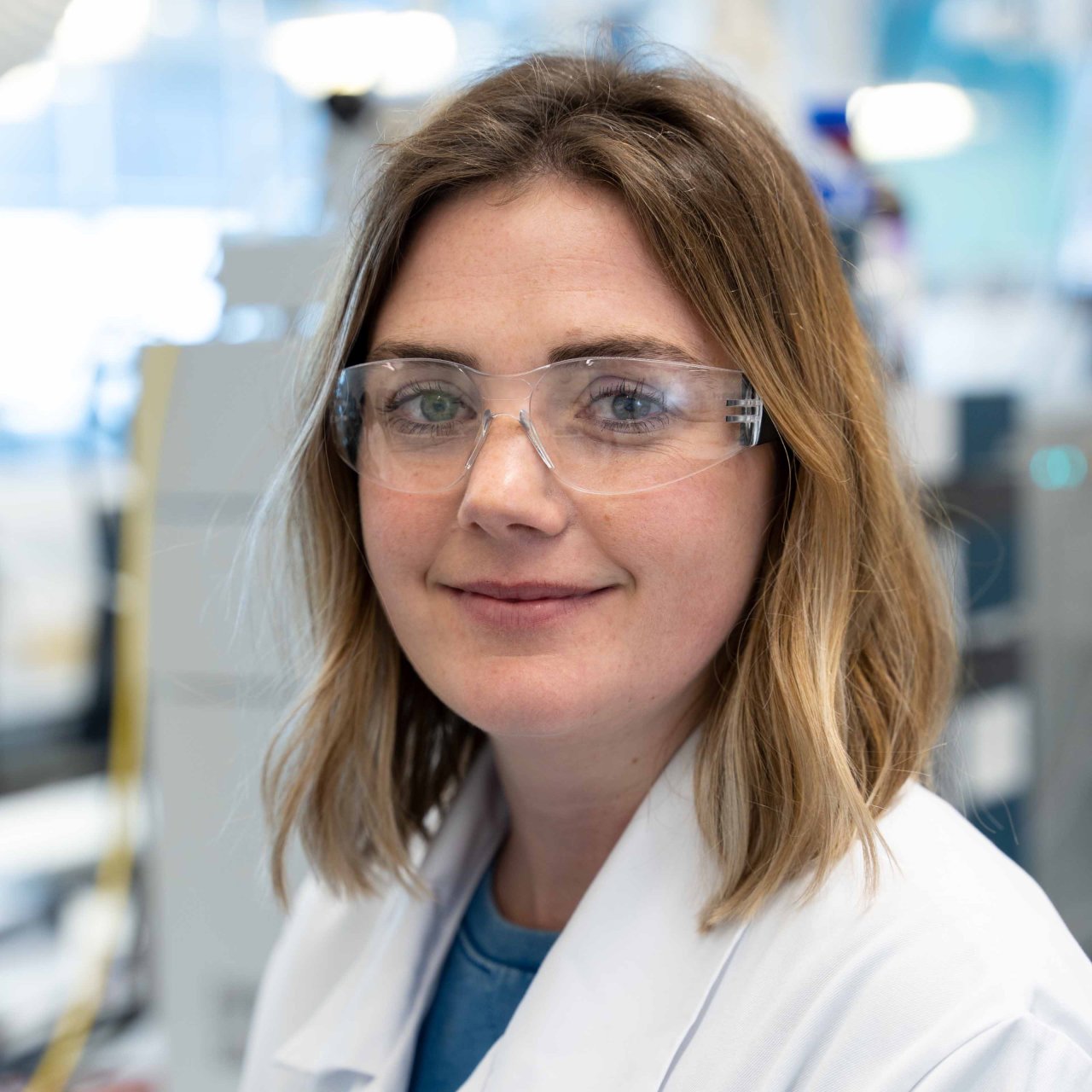Environmental Fate
Our cross-functional team of scientists have earned a strong reputation in addressing many biodegradation and environmental fate challenges associated with the global registration of chemicals, agrochemicals, pharmaceuticals, biocides and veterinary medicines.
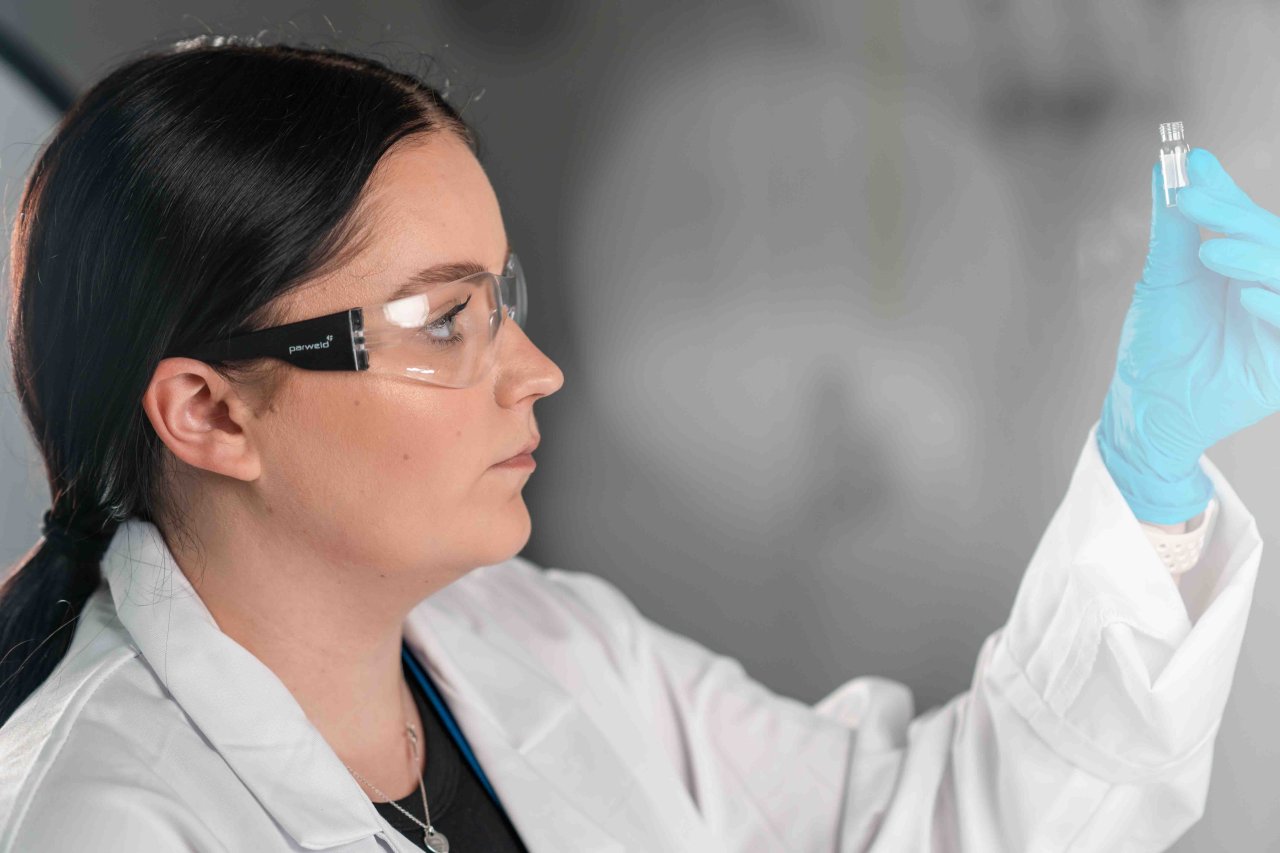
Search our studies
Search our study catalogue by service, industry, number or keyphrase
Our Capabilities
Environmental Fate studies range in complexity and scope from simple laboratory screening studies examining biodegradation in aqueous media to longer duration simulation tests.
We offer a wide range of environmental fate and biodegradation studies using a range of temperatures from 9⁰C up to 35⁰C at ±1°C.
In addition to performing a full range of higher and lower tier studies, we also offer customised and bespoke study designs and can provide valuable testing strategies for the most complex and challenging circumstances. For all Environmental Fate studies, metabolite ID analysis may be included as required.
Biodegradation Studies
We have a proven ability to deliver high quality biodegradation studies to assess a compound’s propensity to be readily or inherently biodegradable. Studies are performed in activated sludge, water, and soil. Scymaris has numerous contacts in the UK and Europe to source these test matrices and the various inocula that are classically sourced from waste water treatment plants, rivers, lakes, the sea, fields and forests. Scymaris is also able to offer analytical chemistry support to a wide range of biodegradation testing as required.
Why our customers choose us
Study directors have direct involvement with study work in our laboratories.
Our expertise in method development and mass spectrometry can support the development of extraction, quantification, and identification analysis, which is underpinned with the latest analytical instrumentation.
Renowned excellence – trusted by industry leaders.
Direct communication with your study director throughout your project.
Integrated multi-disciplinary teams across environmental fate and analytical chemistry.
Sediment and water capabilities in both freshwater and marine matrices
Experienced with a wide range of low and high tier studies and custom/bespoke capabilities.
Our facilities
Our purpose-built controlled temperature (CT) rooms allow us to consistently maintain a wide range of constant temperatures (9-35°C) at ±1°C to accommodate stringent regulatory requirements. Studies can also be performed under controlled day/night and red-light facilities using radio-labelled (¹⁴C or ³H) or non radio-labelled compound. Radio-labelled studies are supported by radio-HPLC, radio-TLC or radio-LCMS as required by our integrated team of environmental fate scientists and mass spectrometry experts.
Testing is performed to OECD, OCSPP (OPPTS) and ISO guidelines.
Our Laboratories
-Seven (7) Large temperature controlled laboratories, with the ability to run studies at variable temperatures.
- A range of study designs including:
– radio-labelled & non radio-labelled.
- Monitored & multi-alarm facility with 24 hour security.
- Temperature & air-flow monitoring.
- Multiple Incubators.
- Regulatory Testing GLP, ISO, OCSPP.
- Bespoke/Custom testing.
- Research Testing (Non-GLP).
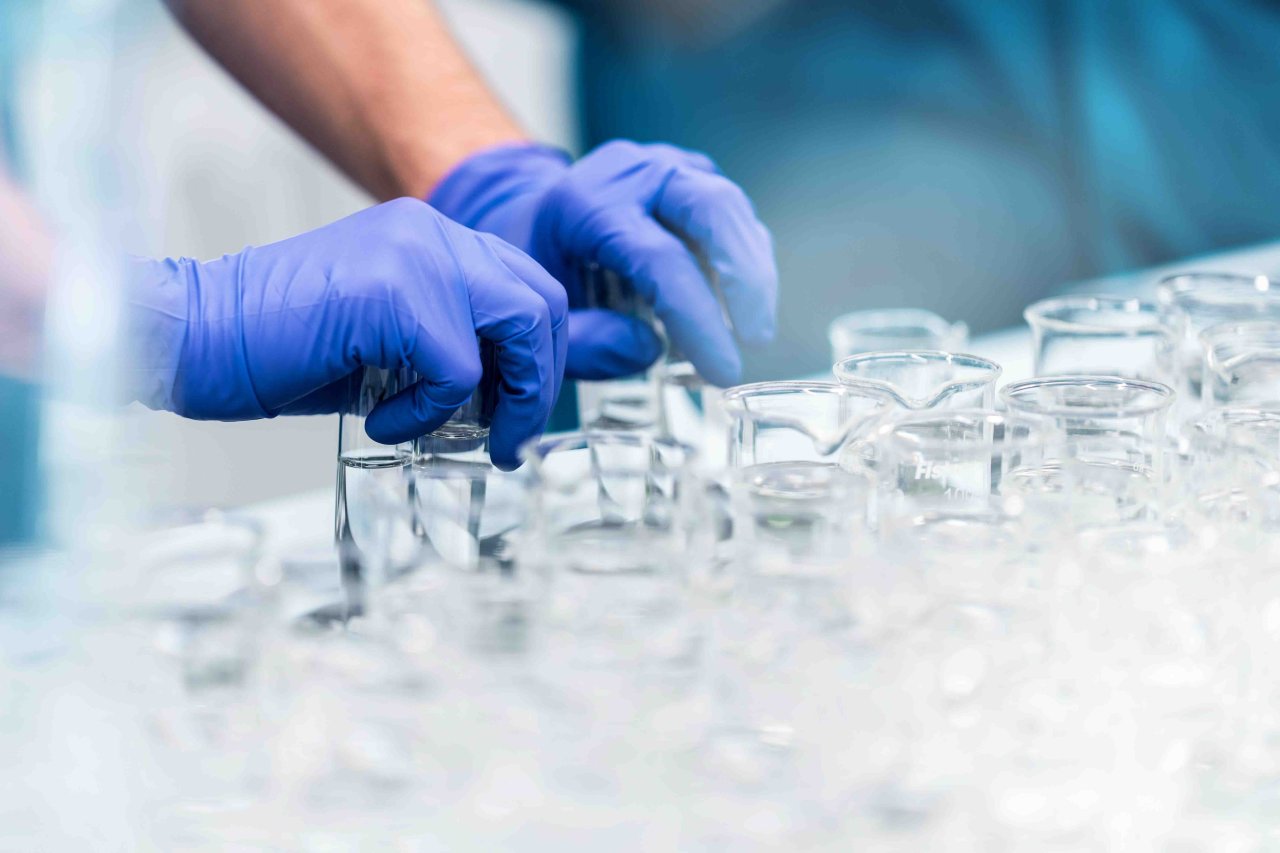
Lower Tier Studies
- Ready Biodegradation (OECD 301B*, 301D, 301F, and 310).
- Anaerobic Biodegradation in digested sludge (OECD 311).
- Inherent Biodegradation (OECD 302A and 302B).
- Biodegradation in seawater (OECD 306 closed bottle & shake flask method).
- Adsorption/desorption in soil, sediment, sludge (OECD 106*).
- Activated Sludge Respiration Inhibition (OECD 209).
- Waste Water Simulation Treatment Plant (OECD 303A* and 303B*).
- Simulation Tests to Assess the Biodegradability of Chemicals Discharged in Wastewater (OECD 314B*).
- Phototransformation of Chemicals in Water (OECD 316*).
- Leaching in Soil Columns (OECD 312*).
*This study is typically run radio-labelled.
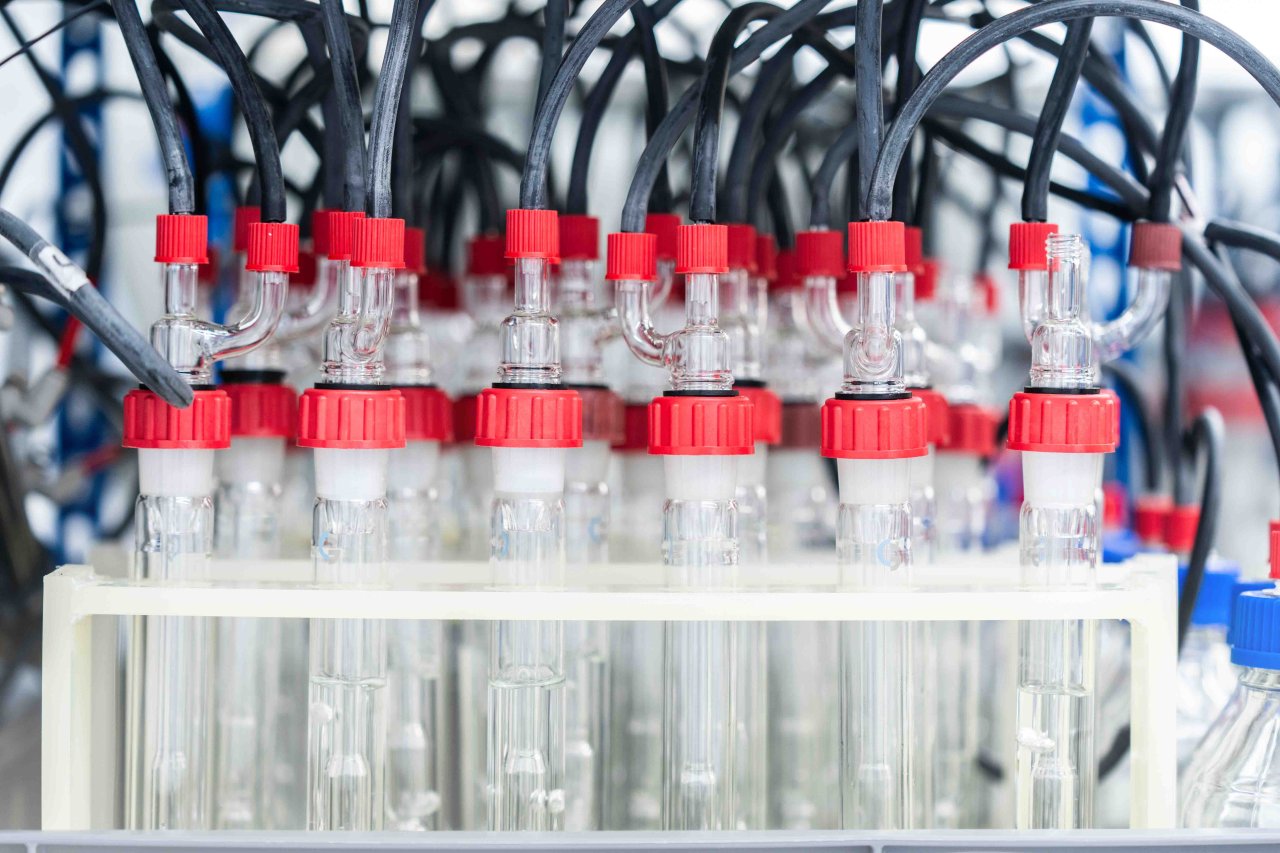
Higher Tier Studies
•Transformation in soil (OECD 307*)
•Transformation in aquatic sediment system (OECD 308*)
•Transformation in water (OECD 309*)
*This study is typically run radio-labelled
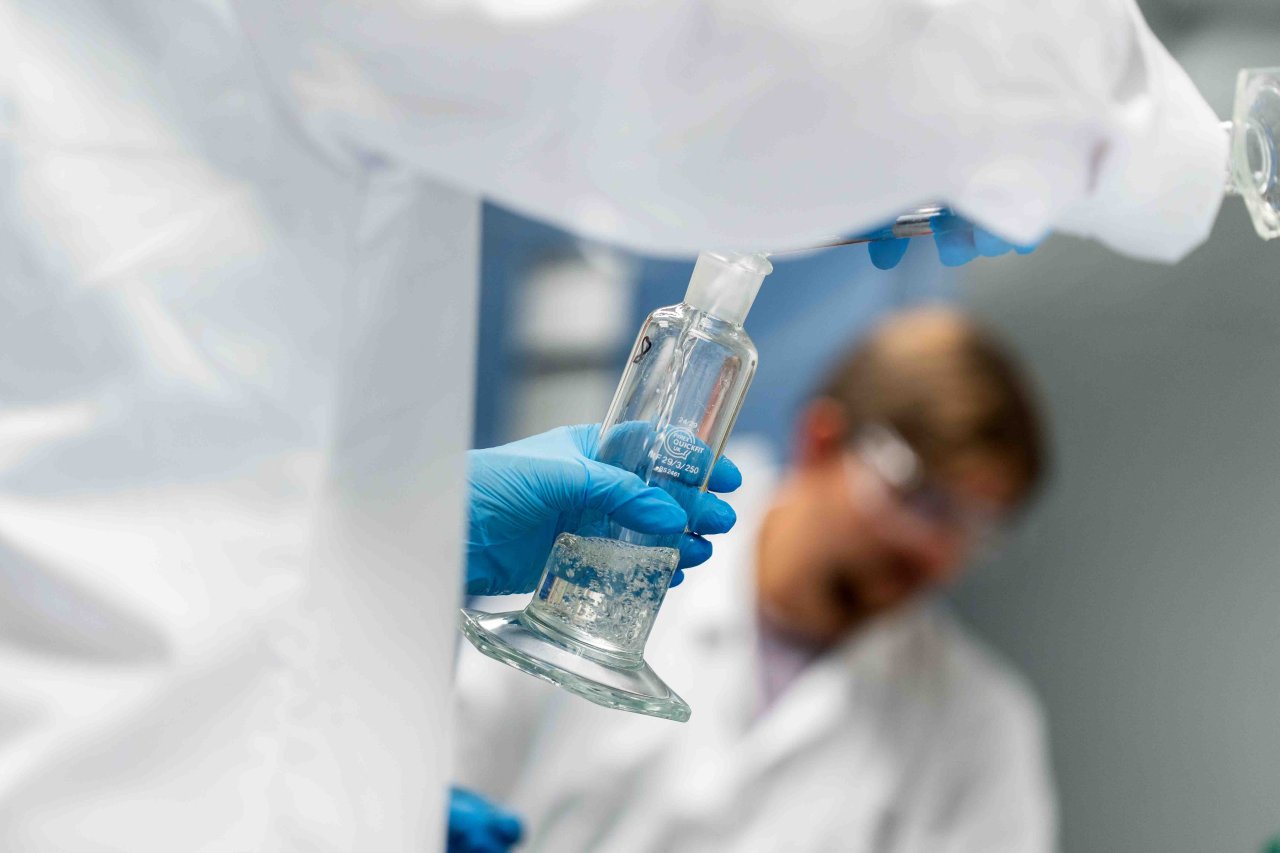
Get in touch
We can offer a wide range of study specific standard and non-standard species and study types.
If you cannot find the study, you need or require a bespoke study then please do not hesitate to contact us to find out how we can help you.
This website uses cookies to ensure you get the best experience. Learn more
